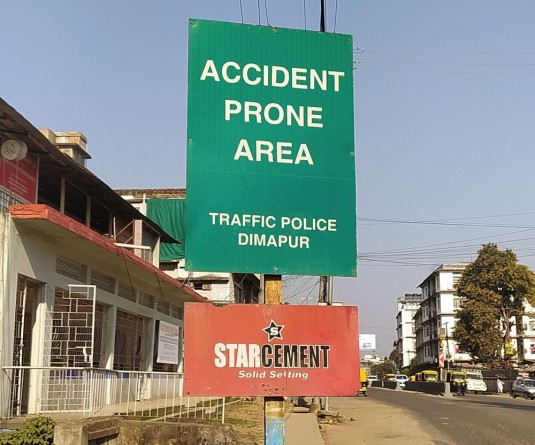
Abokali Jimomi
What future shall we dream about today? What is our reality and how should our dream be different from it?
Dystopia is an imaginary society where people are unhappy and often lead dehumanized and fearful lives under hedonistic governing class usually characterized by a stark divide between the haves and the have-nots set in an environmentally degraded place.
A dystopian future is obviously not what we wish for ourselves despite the tell-tale signs popping up every now and then like soap commercials in our reality show.
Perhaps the choice is ours to make, to imagine and plot our own story diverting it from an apocalyptic ending.
Perhaps we should break out from the maze of our restricted definition of freedom, imagine the end of the vicious cycle of corruption enslavement and design a new path to escape a nearly dystopian reality as Margaret Atwood in her dystopian story, A Handmaid’s Tale, puts, ‘A rat in a maze is free to go anywhere, as long as it stays inside the maze.’
If imagination is the beginning of creation, what future then shall we imagine for our people? If our children are our future, what shall we guide them to dream about? What values shall we let them emulate? How shall we teach them to survive and thrive?
To let them imitate how we live here now would be a perfect script for a catastrophe. Surely, we do not want a future where our children accept and live with injustices and inequalities without questioning; stripping them off their rights to nutrition, education, healthcare, gainful employment and access to even basic amenities devaluing their human dignity and freedom.
What different future can we imagine that is better from the present? Should we let our children inherit our insecurities and corrupt practices?
Should we teach our children how to bribe their way up in work and life, or how to amass what is not rightfully theirs to take to build their empires? Shall we show them how to buy jobs or siphon off funds meant for facilitating opportunities and well-being for thousands of children, students and the public, depriving the majority of their rights to live a dignified life?
Shall we teach them that dishonesty can always be pardoned in the weekly Sunday prayers and that glory and redemption are achieved by donating huge sums of corrupt money for ‘a good cause’?
We do not want a future where our children in the world’s largest democracy have no options but to sell their votes for peanuts, trade their life, their freedom and development of their land for small favours mutilating their basic human rights forever.
Should our children learn how to remain apathetic and self-indulgent even when every infrastructure in our land is falling apart? What purpose would that serve except disaster?
Should we like us also let them not question the status-quo and accept traditional biases, moral policing and prejudices as absolute truths?
Should they also carry forward our social, racial, tribal and religious intolerances, religious bigotry and patriarchal conditioning like heirlooms around their necks? Would that make a better future?
It would seem like a pure Utopian fantasy now to imagine that every Naga girl child, not just girls from the privileged, the ‘educated’ and the elite sections of our society, should dream of a participatory and a more conscious future where their voices are valued and their participation indispensible in the decision-making processes of their families, clans, villages and towns, that they are not born to be just sidekicks in their father’s, husband’s or father-in-law’s houses. They must dream of a future where they are not ‘owned’ by anyone that they must break out from the illusionary ‘freedom’ in the maze of our traditional conditioning.
We must envision a just future that recognizes every person’s worth and capability and creation of a space that enables our capabilities to flower and thrive.
We want our children to grow up as compassionate human beings, valuing diversity, valuing harmonious co-existence, valuing social justice and merit, and valuing our natural resources and possessing the wisdom to take care of our fragile and delicate ecosystems. We must truly imagine a future where we don’t plunder our forests, wildlife, mountains and rivers for today’s profit alone to satiate our short-lived cravings for a supposedly ‘good life’.
If degradation and self-destruction are not our goals, we need a different plot from the status-quo. Without self-introspection and a change from within, and the determination to challenge and shift the status-quo, we can only continue to run around the maze.



